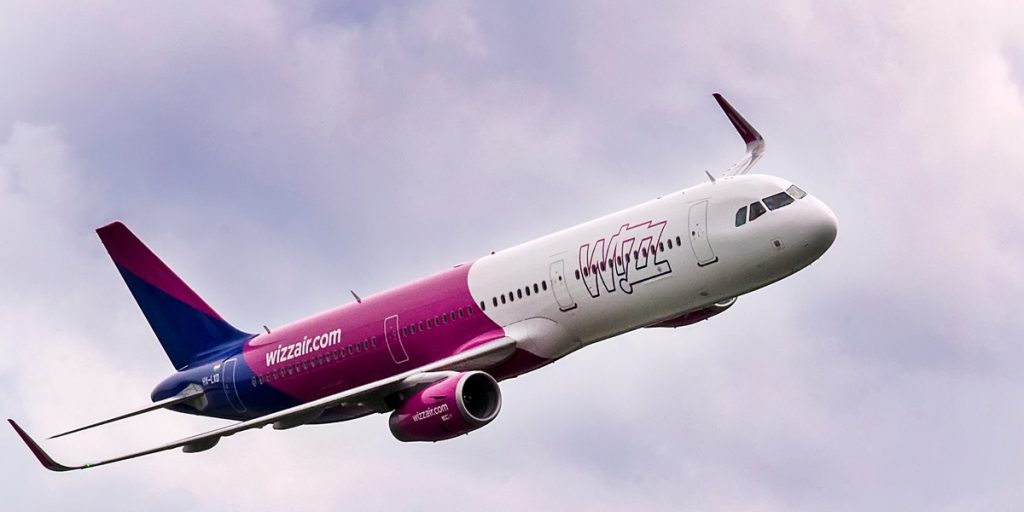Wizz Air and TUI were identified as the top two airlines with the least legroom.
Others are reading now
Wizz Air has garnered unwanted attention, being labeled as the “least comfortable” airline in a survey conducted by Which?.
They Will Experience Discomfort
This unfortunate accolade has been further reinforced by recent statements from the airline’s CEO, József Váradi, who candidly acknowledged the discomfort passengers might experience on their new long-haul flights, according to El Economista.
According to the Which? survey, Wizz Air and TUI were identified as the top two airlines with the least legroom, offering just 71 centimeters of space between seats.
In contrast, airlines such as Aer Lingus, Lufthansa, and KLM were recognized for their superior comfort, providing between 79 and 81 centimeters, 74 and 84 centimeters, and 76 and 81 centimeters of seat space, respectively.
Also read
Adding to this, Váradi recently introduced Wizz Air’s new Airbus A321 XLR fleet, designed for flights up to eight hours long. Despite the extended flight range, he admitted that passengers on these routes would experience discomfort.
This new fleet is set to launch its inaugural route from London Gatwick to Jeddah, Saudi Arabia, in March, with fares starting at just €159.
No Reclining Options
The new aircraft will add 250,000 additional seats from London next year, yet will maintain the same “uncomfortable” seating configuration as Wizz Air’s short-haul flights.
This means no reclining options for passengers on the extended journey to Saudi Arabia, a fact that may deter some from choosing the airline.
Wizz Air’s reputation has been further tarnished as it has been named the “worst airline in Europe” by Which? for two consecutive years, scoring only one star for seat comfort and cabin environment.
With nearly 44% of surveyed passengers reporting issues with their flights, the airline’s commitment to low-cost travel seems to come at the expense of comfort.
Váradi defended this approach, arguing that the trade-off between cost and comfort is a reality passengers must accept if they choose budget airlines. He dismissed the notion of expanding into the transatlantic market, citing a lack of competitiveness and the challenges of crossing the Atlantic Ocean.


